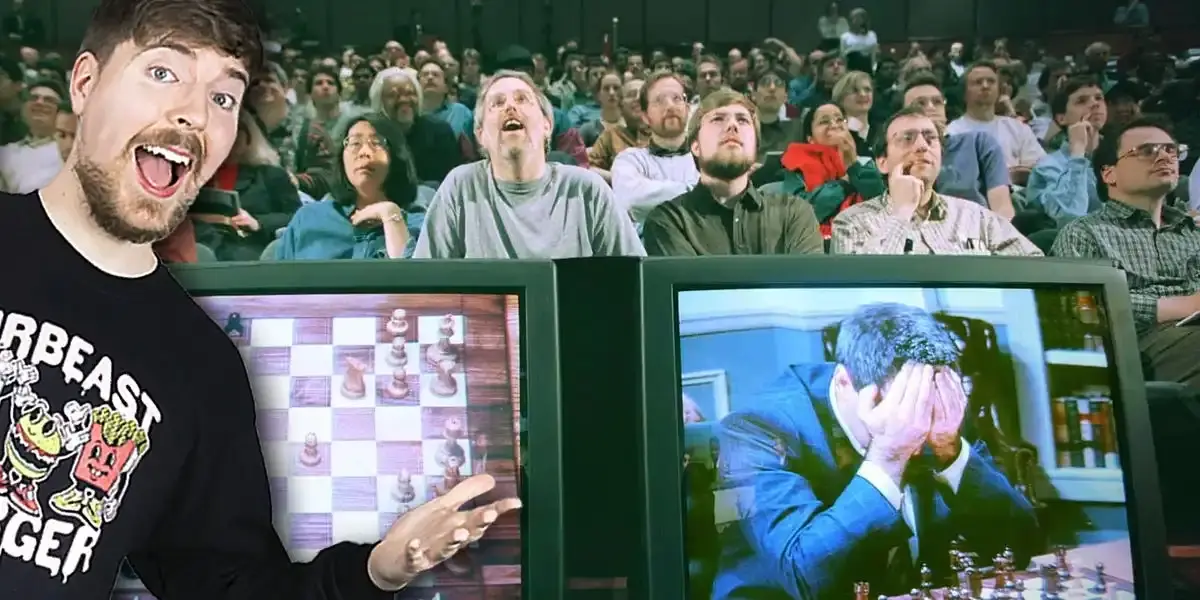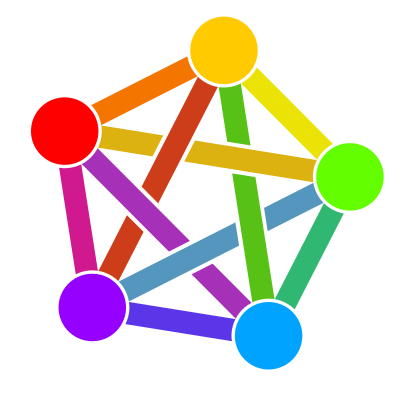JustinHanagan
I write StayGrounded.online a newsletter about establishing healthy boundaries with the digital world.
-
Mastodon twit.social@JustinH
-
PixelFed Pixelfed.social@JustinH
- 18 Posts
- 41 Comments

 3·10 months ago
3·10 months agoEh, what you’ve identified as the thesis is actually just a butt-covering footnote to prevent Reddit-style “ackchually” comments. When I wrote it I was still submitting posts to Reddit. I guess that’s on me for assuming the central point was more obvious.

 4·10 months ago
4·10 months agoFor sure, they also don’t congregate in Williamsburg much anymore.

 8·10 months ago
8·10 months agoSomething I think about a lot is how the “hipster” movement in the early 2000s was extremely anti- consumer culture. They were building easy to repair “fixie” bikes instead of driving cars, they were brewing their own beer and buying/mending clothes they bought second hand. They were moving to abandoned factory loft apartments in similarly abandoned urban areas.
Then, the artists living in lofts, making zines and and knitting sweaters got priced out. And now in pop culture the term “hipster” has largely replaced “yuppie” to mean an elitist, snobby, and extremely pro consumer culture sort of person, which is basically the opposite of what the young people in the early 2000s were doing. I’m not a conspiracy theorist but I have to imagine that the big corps saw the movement as a threat, and did an classic rebrand on them, like car companies did with the minivan to sell more SUVs.

 4·10 months ago
4·10 months agoThe feedback loop is the most disturbing part, IMO. You have an algorithm deciding what gets popular, which means creatives hoping to be financially sustainable have to cater to it to some degree, which reinforces the algorithm and removes a little bit of uniqueness from society.
Creative people have always had to consider"what sells" to some degree if they want to make money from their effort, but we’ve gone beyond artists making “art with some degrees of marketability” into making products called “art” with little of the emotional/intellectual "challenge’ that comes with unique works.

 9·10 months ago
9·10 months agoMy first reaction was that this excerpt reminds me of a piece I wrote two years ago called “The Airbnb-ification of the arts”, about how artists looking to make a career out of art are forced to cater to an algorithm that favors comfortable predictability over depth or uniqueness. My essay was heavily inspired by Kyle Chayka’s famous 2016 essay “Welcome to Airspace”.
Jokes on me for not reading the byline because it turns out Kyle wrote the book this excerpt is from! lol good for him. Looking forward to reading it.
I’m curious to know if he has a presence on Mastodon or any other Social Web apps, he’s a really great writer I’d like to follow.
 3·10 months ago
3·10 months agoHaha I know that made me chuckle too

 23·10 months ago
23·10 months agoIt’s unfortunatley really, really hard to get noticed whatsoever as an artist without social media these days if you don’t have any industry connections.

 8·10 months ago
8·10 months agoWow, I’ve never heard music with such a stunning lack of soul before! 10/10 I bought every album.

 3·11 months ago
3·11 months agoWhen I switched to Substack it was just a Mailchimp alternative (I don’t think Mailchimp moderates what they send out either). They were a service, not a platform. But since then Substack has added a lot of social elements. And now that I’ve been made aware of their stance, I’m planning my exit ASAP.

 4·11 months ago
4·11 months agoI actually did jump into the replies and went back and forth with him a bit and I do think he (finally) understood the FOSS perspective. I think a lot of people get very hung up on this concept of a customer-product relationship and for some people it’s a very hard mindset to break out of. I often forget that while “FOSS” is software, the “free software movement” is not really about software, it’s political.

 3·11 months ago
3·11 months agoIt’s like telling someone with a shitty landlord to move to a new free house which they get to own

 1·11 months ago
1·11 months ago“Hey so my free car that was built and maintained entirely by volunteers who received no financial compensation and was provided to me no strings attached is making a weird noise and I don’t want to learn how to fix it myself nor am I willing to wait for someone else to fix it, nor am I willing to even tell the car-builders it has a problem.”
In this context suggesting they complainer pay for a car doesn’t sound so crazy?

 11·11 months ago
11·11 months agoI and a few other people kinda chatted with him a while and the reality kinda seemed to click with him? He was very stuck on “it is a product and I am the customer” mindset that is very ingrained into so many people. He said filing a bug report felt “dehumanizing” and we tried to illustrate that it can actually feel empowering if you view yourself as a collaborator, not a customer. I think he’s coming around.
At least I hope he is because (opinion on FOSS aside) he really is one of the all-time best creators on YouTube right now.

 17·11 months ago
17·11 months agoExactly! I actually talked back and forth with him a bit and eventually said that “complaining about a missing FOSS feature is like complaining to the volunteer ladeler at a soup kitchen about the lack of a gluten-free option. It’s just not the path to getting the change you want.”
In the end he seemed to get what I was saying, but was still irritated. I’ve been really learning lately how hard it is for some people not to see themselves as customers in FOSS land.

 4·1 year ago
4·1 year agoThe key word here is “large”. From the article:
“[Fediverse] instances don’t generally have any unwanted guests because there’s zero incentive to grow beyond an ability to self-moderate. If an instance were to become known for hosting Nazis —either via malice or an incompetent owner— other more responsible instances would simply de-federate (cut themselves off) from the Nazi instance until they got their shit together. Problem solved, no ‘trust and safety’ required”

 2·1 year ago
2·1 year agoYou’re not incorrect, but I think the thing that differentiates this era of social media from the “before times” (I was there too) is that it’s significantly easier for non-techies to join. The internet nowadays has significantly more diversity of perspectives than back then. Those differences are exploited and exaggerated by social media companies to generate engagement. It seems to m that the fediverse model allows for diversity and sanity (or at least not algorithmically-encouraged _in_sanity).
Thanks for reading and the comment!

 6·1 year ago
6·1 year agoI personally wouldn’t judge any Yankees fan living in Boston who chooses to remain closeted about their allegiances and only discusses sports online.

 171·1 year ago
171·1 year agoAbsolutely. The essay does actually address that towards the end:
There’s no shame in turning to the internet for supplementing socialization when doing it “better” isn’t feasible. It’s easy to imagine situations where someone might not have access to a community that keeps them sane. A gay teenager stuck in rural Alabama. A woman born into a controlled religious society. A New York sports fan in Boston. Some days in life, the best we can hope for is making it until tomorrow in one piece.













First of all, thank you for the fantastic feedback.
This is exactly the point I was trying to make in the last section, except I used MrBeast as an example because I felt like it was easier for readers to accept his propensity for cutting corners to make a buck. But yes, I agree, things will get worse. Before it was common knowledge that cigarettes caused cancer, a whole lot of people had to get cancer.
I also think it’s important to remember that people don’t actually follow Veritasium directly. They follow him indirectly by means of YouTube. If people could actually follow him directly he wouldn’t need to worry about competing with AI crap for the attention of YouTube’s algorithm. But of course, YouTube would never allow that.